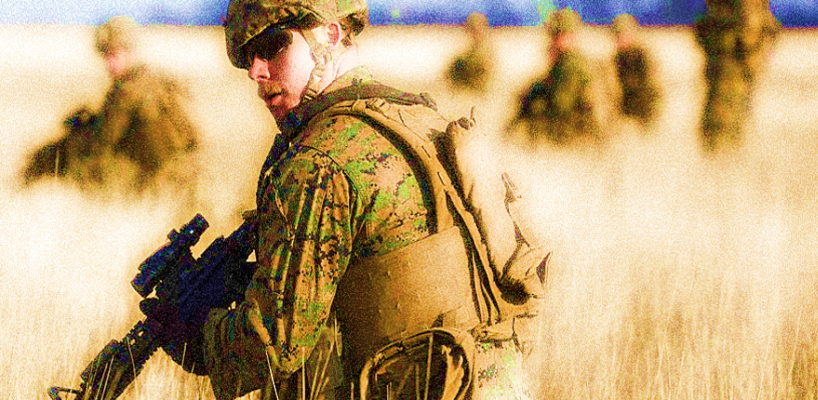Current military service members, veterans and reservists earn more than demographically comparable civilians, according to a report by the Rand Corporation, Ten Frequently Asked Questions About Veterans’ Transitions.
Veterans have “a substantial earnings premium”, especially when benefits are taken into account, the report said.
Earnings in civilian life were especially greater for veterans who served in healthcare, communications, or intelligence positions during their military service, compared with veterans who served in other fields.
Veterans typically don’t achieve higher wages the year after military service, as they look for jobs or attend college. But their wages steadily increase after. One of the key reasons people enlist in the military is the benefits of the GI Bill, which include tuition payment and a monthly stipend. The steady pay increase holds true for reservists.
Programs that Improve Employment Opportunities
RAND also studied several programs that aim to improve veterans’ employment opportunities, including the Army Partnership for Youth Success (PaYS), 100,000 Jobs Mission, Yellow Ribbon Reintegration Program,
The PaYS program includes 400 large employers that have committed to interview participating soldiers after military service. However, RAND found that participants of the program earned an average of $1,000 to $2,000 less in the first years after separation.
The 100,000 Jobs Mission was launched in 2011 and now has 206 member companies that together had hired more than 265,000 veterans in 2015. In interviews with 26 of the member companies, RAND heard that veterans make excellent employees. Yet many employers that participated in the program reported challenges of locating and hiring veterans, and some had difficulty understanding how various military skills might match civilian job requirements.
The RAND report found that a common challenge identified by veterans and employers alike is the ability to communicate how the skills and qualifications gained in the military through formal courses and on-the-job training apply to civilian workplaces.




